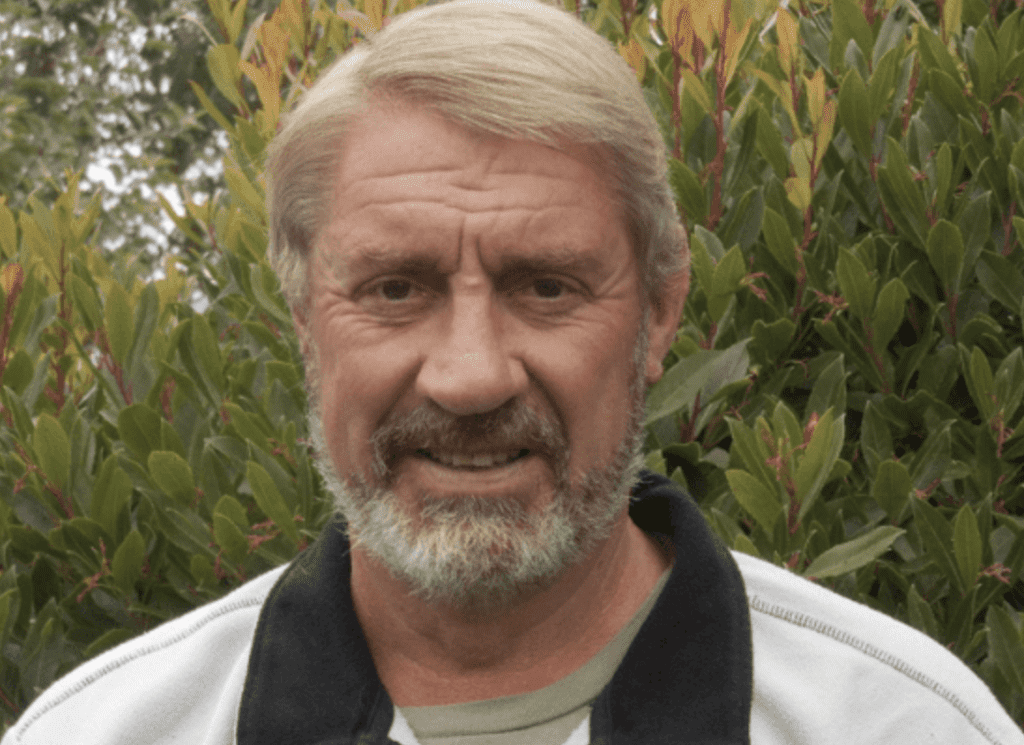The national picture feels like the beginning of the end, says North Dorset Lib Dems’ Mike Chapman, but there’s need to watch the new Investment Zone
After all the flourish and noisy braying in past weeks from the Government benches about ‘real Conservative policy’ … it all looks a bit less professional today. There are two fundamental concerns here: does this package deliver growth or does it merely deliver division? Then, does this package presage a confident, capable government for the next two years? I do try to be positive, but look, it is desperately simple: those earning the least keep less because personal allowances are frozen. And the mood music says that benefits will be pared back. Otherwise, as individuals or businesses, we are back to where we were a few months ago, except that … interest rates are rising, impacting mortgages; the weak pound and higher cost of imports are stoking inflation; and energy bills will still be going up.
I cannot see how these measures in these circumstances deliver an incentive to spend and/or invest – the drivers of growth.
The huge cost has been loaded onto the nation’s credit card in a budget lacking the other side of the equation but it was the insouciance, the devil-may-care attitude as much as the fiscal irresponsibility that spooked the markets. Added to this, we have the continuing and spreading industrial unrest and anxiety about budgets in every other area of public expenditure. Great start? It feels more like the beginning of the end.
Confrontation politics
Closer to home, we have Dorset Council looking to turn parts of the county into an Investment Zone, with all the regulatory relaxation that implies.
To suggest that some of the motivation might be to help dig themselves out of the hole they are in with the Local Plan might be unkind. We shall all need to watch, though, how the Zone idea develops; especially when seen in conjunction with the mooted relaxation of the planning system. With Dorset and Somerset both involved, there must also be a danger of a race to the bottom as each competes to attract bigger business investment.
Our democracy, so deeply attached to its polarities and its confrontational ways, struggles to find consensus of the kind many of the more successful nations seem to manage. Risky shifts in policy, ignoring the experts, have rarely served us well. Consensus may be hard to achieve but it is the soundest basis for public policy.
Stur’s Nexus
Enough philosophy. Back to our local world. There are exciting prospects for Sturminster Newton’s ‘Nexus’ business incubator project, whose launch happens on the evening of 10th October upstairs in The Emporium. It brings together many parts of the community, including local business organisations, philanthropists and volunteers, to create a mentoring environment for start-ups and fledgling businesses. Backed up by seasoned professional advice and support, including the potential for investment, it looks to be an excellent example of what can be achieved by working together toward a highest common denominator.
Three words that trump any race to the bottom, methinks.





















